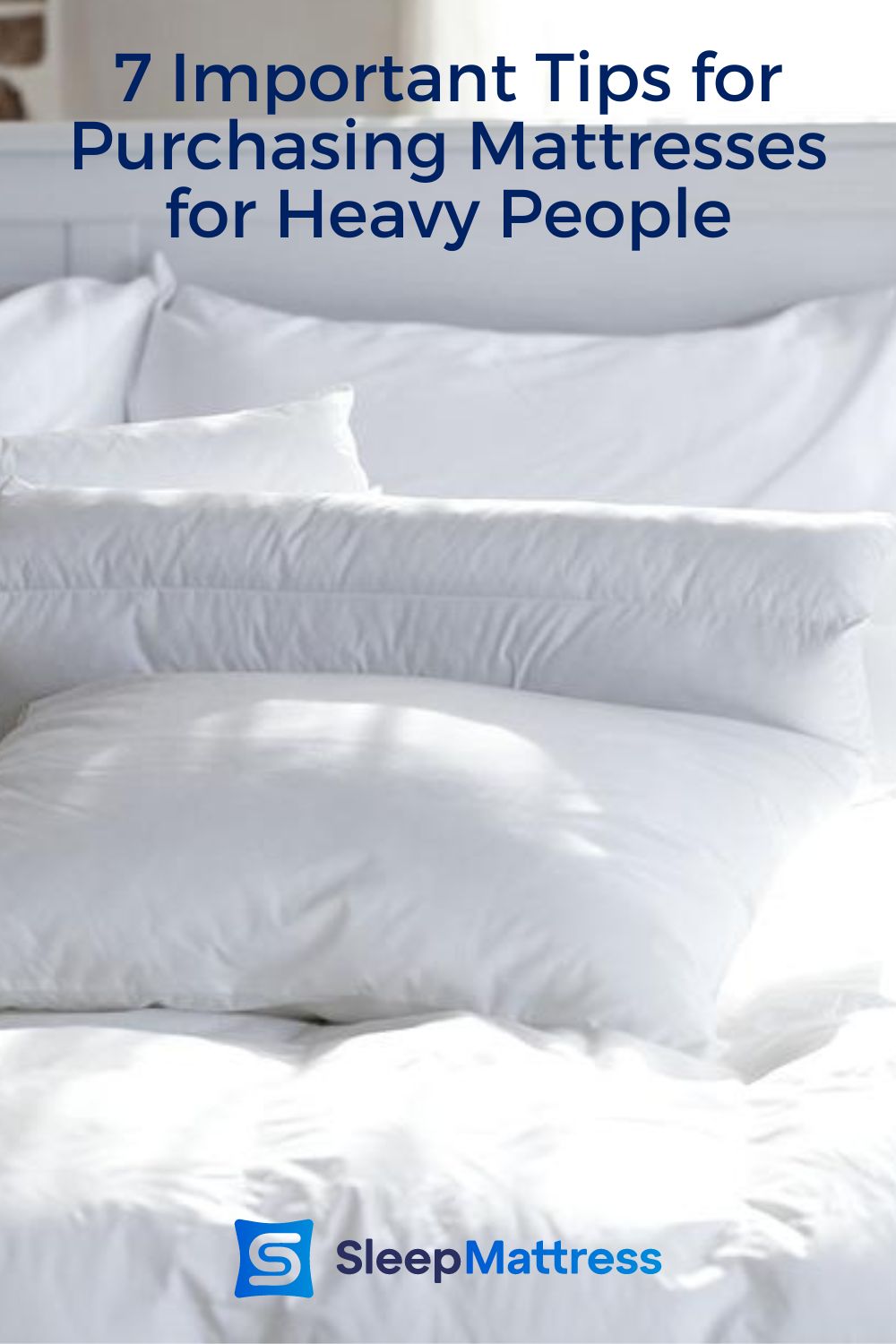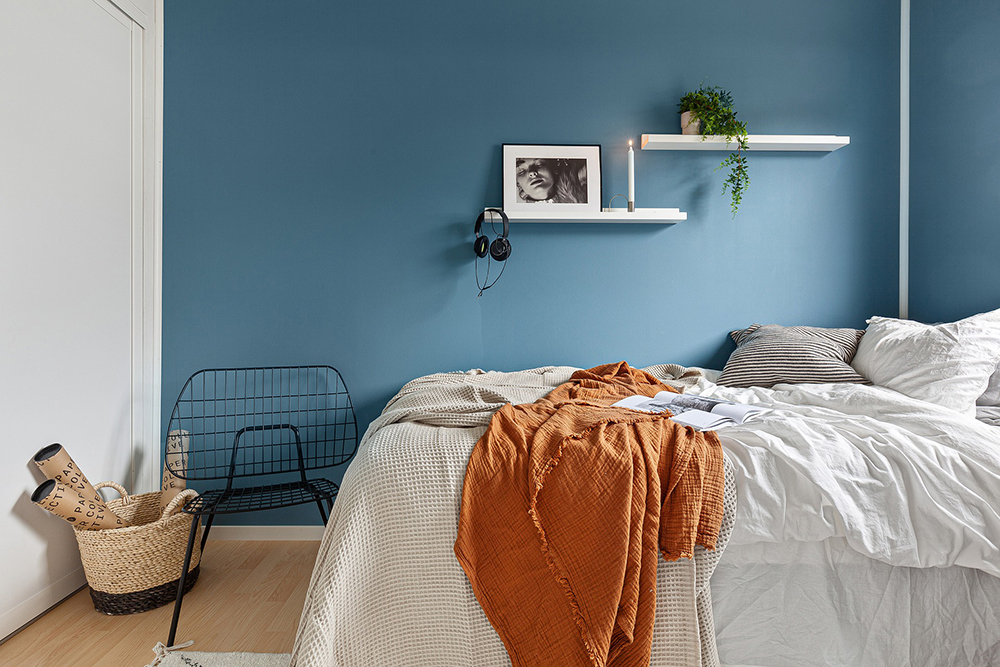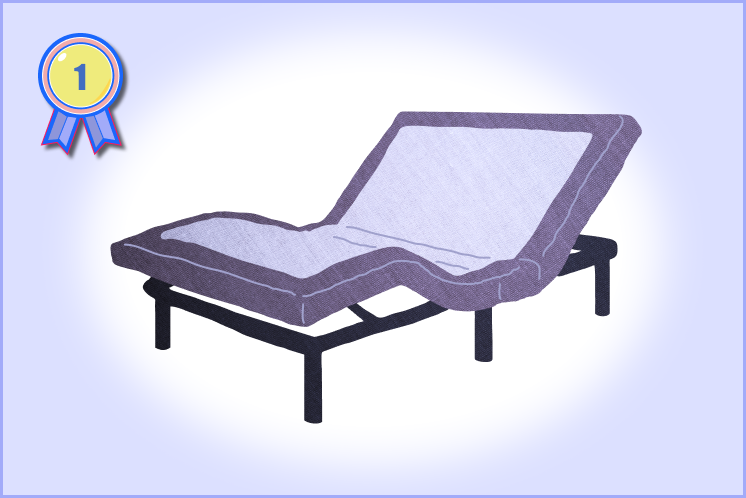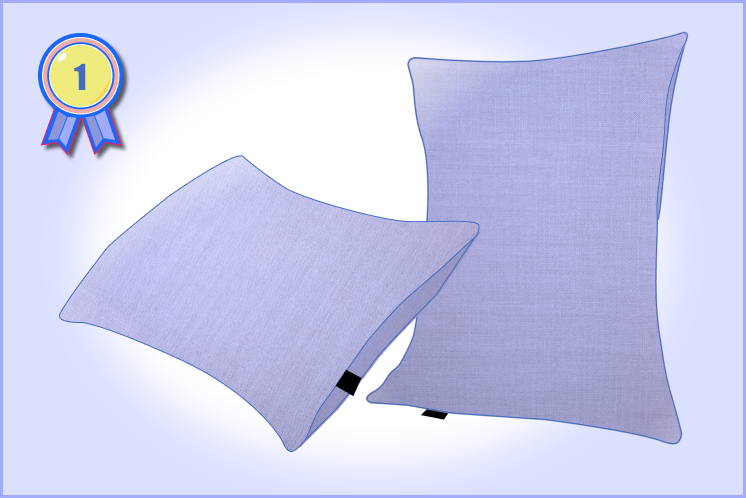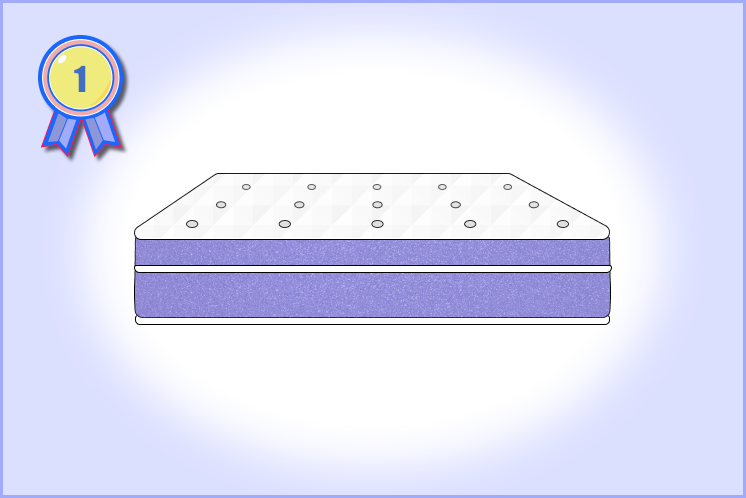Bodyweight is one of the most important things you should consider when selecting a mattress.
Living a quality life requires waking up rested, but if you’re sleeping on a bad mattress, that could be difficult. If you are not getting enough sleep, sleeping on a bed that cannot support you may harm your health.
This is because you will require more support as your weight increases. The level of support provided by typical mattresses won’t be adequate if you weigh more than 230 pounds.
Before you begin your mattress shopping adventure, here are seven important tips to consider when purchasing mattresses for heavy people. We’ve already gathered all the crucial elements you need to take into account below to select the best mattress for yourself.
Materials
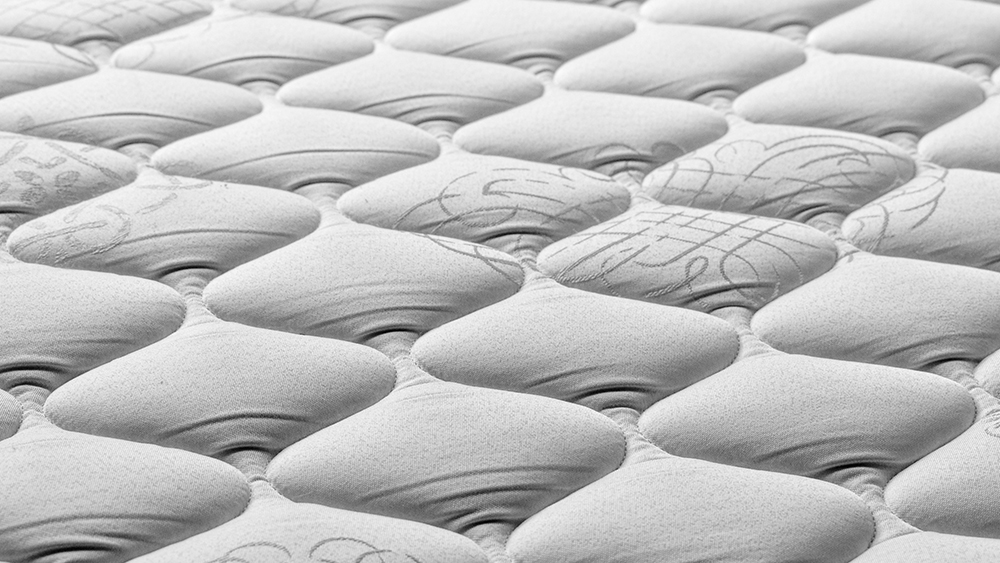
The best mattresses to buy are those made of materials that can support heavy weights without sagging for an extended period. Using lower-quality materials will almost certainly result in sagging and a poor sleep experience over time.
In light of this, mattresses made of all-foam with medium-or high-density comfort layers, organic and natural latex, hybrid mattresses, or innerspring mattresses would be the best options for you.
Even though most beds nowadays last well over six years, if you choose cheap products with low-quality materials, you will most likely have to replace them after 2-3 years, which is not something many of us want to do frequently.
Responsiveness
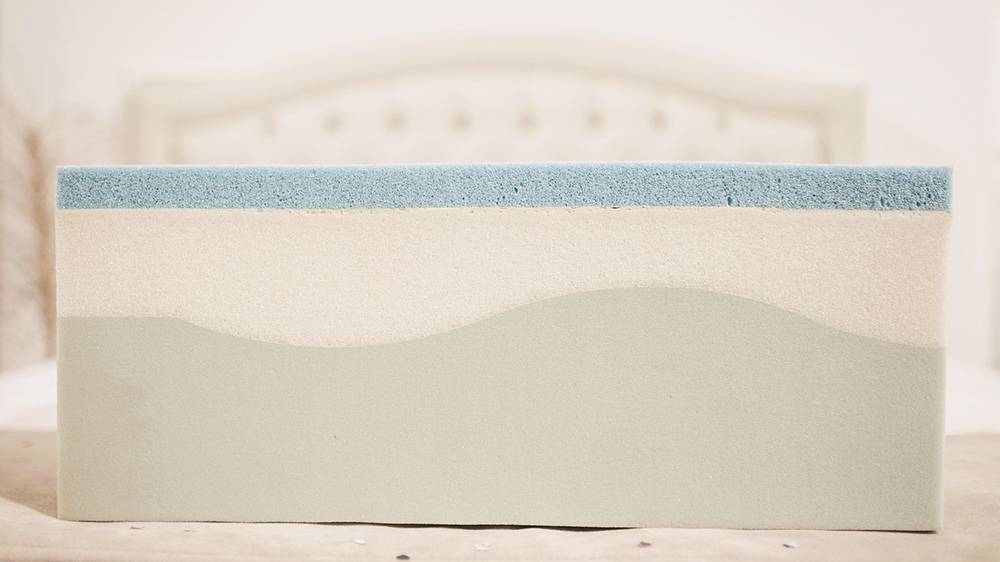
Avoiding non-responsive mattresses as much as you can will help prevent sinkage. Mattresses made of polyfoam and memory foam are examples of these.
The best options for you are responsive mattresses because they provide a sleeping surface that allows easy movement and reduces shrinkage problems. Mattresses made of latex, hybrids, and innerspring are among these.
Firmness
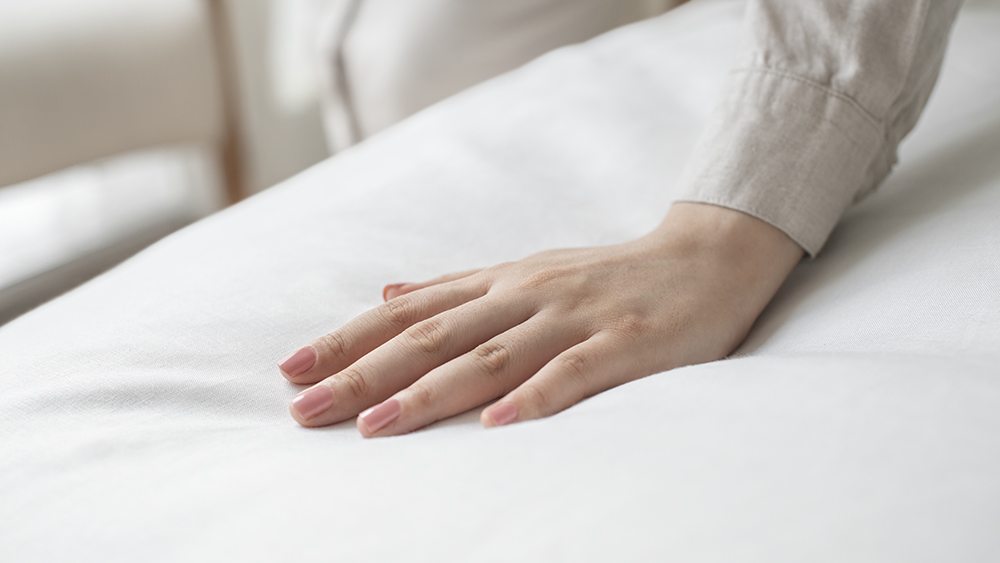
The greater your weight, the more likely your mattress will sink. Determine your ideal firmness level by first determining your preferred sleeping position. A firmer mattress will help you avoid unwanted sinkage.
Heavier people usually require medium to medium-firm support. A heavier weight causes more sinkage and hug; if not properly supported, you may experience back pain.
A firmer mattress will also offer more support than a soft one. If you weigh more than 230-250 pounds, you should expect an additional 1-2″ of sinkage. You can compensate for this on a firmness scale by selecting 7-8 out of 10.
Thickness
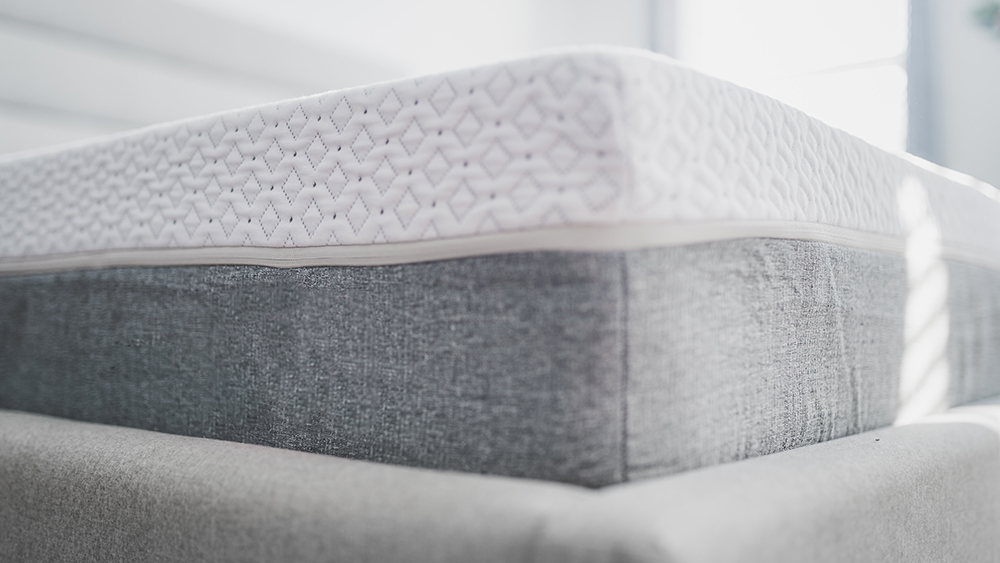
The thickness of a mattress is often disregarded, yet it should be considered carefully. A thin mattress is recommended for people weighing up to 200 pounds. If you weigh more than that, a thicker mattress is required to provide more support while preventing sagging or sinking.
In most cases, a 10″ bed will suffice if you weigh less than 200 lbs. If you are heavier, you should consider a 12″ or thicker mattress with good deep compression support.
Pressure Relief
By selecting a contoured mattress, you can solve this problem. Heavy sleepers are more likely to experience pressure accumulation in their hip and shoulder regions.
To reduce unneeded strain on these places, choose one with moderate to minimal contouring as much as you can.
Weight Limit
There is an upper limit, or maximum weight capacity, for every mattress. This restriction applies to even mattresses for heavier sleepers and may range from 250 to 1000 lbs.
Cooling and Temperature Regulation

In most cases, foam material “sleeps hot” when compared to latex, innerspring, and hybrids. One of the most common complaints from overweight and larger people is that they get too hot while sleeping. It usually occurs when your mattress lacks sufficient breathing space and air circulation.
This problem can now be solved if you avoid buying cheaper alternatives and instead choose more premium products. Most of these also have a gel layer or infusion that acts as additional cooling material on your bed.
If you tend to get hot when sleeping, a spring-based mattress will typically keep you cooler than a memory foam mattress because it allows for better airflow and doesn’t trap heat as well.
The technology behind mattresses has advanced along with them, though, and today there are orthopedic and memory foam mattresses with specialized cooling characteristics and properties.
Consider your foundation

You might not be getting the optimal support from your bed if you use a simple box spring or slatted base with a memory foam bed since, in some circumstances, a mattress is only as good as its foundation.
Remember that the manufacturer’s advice is typically not just a recommendation—essential for your bed’s adequate support.
Even a mattress guarantee could be voided by using the incorrect base. It might not be a bad idea to research the foundations offered by the same retailer from which you purchase your mattress to see what they advise.
Sleeping Positions

Your body shape and size are the only two factors that affect the mattress you choose.
- Side. Many people who sleep in this posture find that a plusher bed is more comfortable because the softness lets all of their weight sink in and conforms to their curves to relieve pressure. Even when sleeping on their side, heavier people should be careful that their weight does not bottom out on the softer materials. In this case, a firmer bed may be more appropriate for their bodies.
- Back. Depending on where you carry your weight and what feel you want, back sleeper preferences might range widely. Although some back sleepers prefer a harder bed that places more focus on support, a firmer bed may not be as pleasant for everyone, especially for those who have pain areas to take into account. To maintain your lumbar and spine posture as well as your shape, you’ll want to find the ideal balance.
- Stomach. People who are heavier in the stomach should be careful when sleeping on their stomachs because soft mattresses could cause their hips to sink into the mattress, making it challenging for the spine to maintain its neutral alignment. You should probably choose firmer beds if you are primarily supported by your hips and abdomen.
- Combination. If you find it difficult to settle into one sleep position and move about more frequently at night, you should think about beds that are designed for adaptability.
